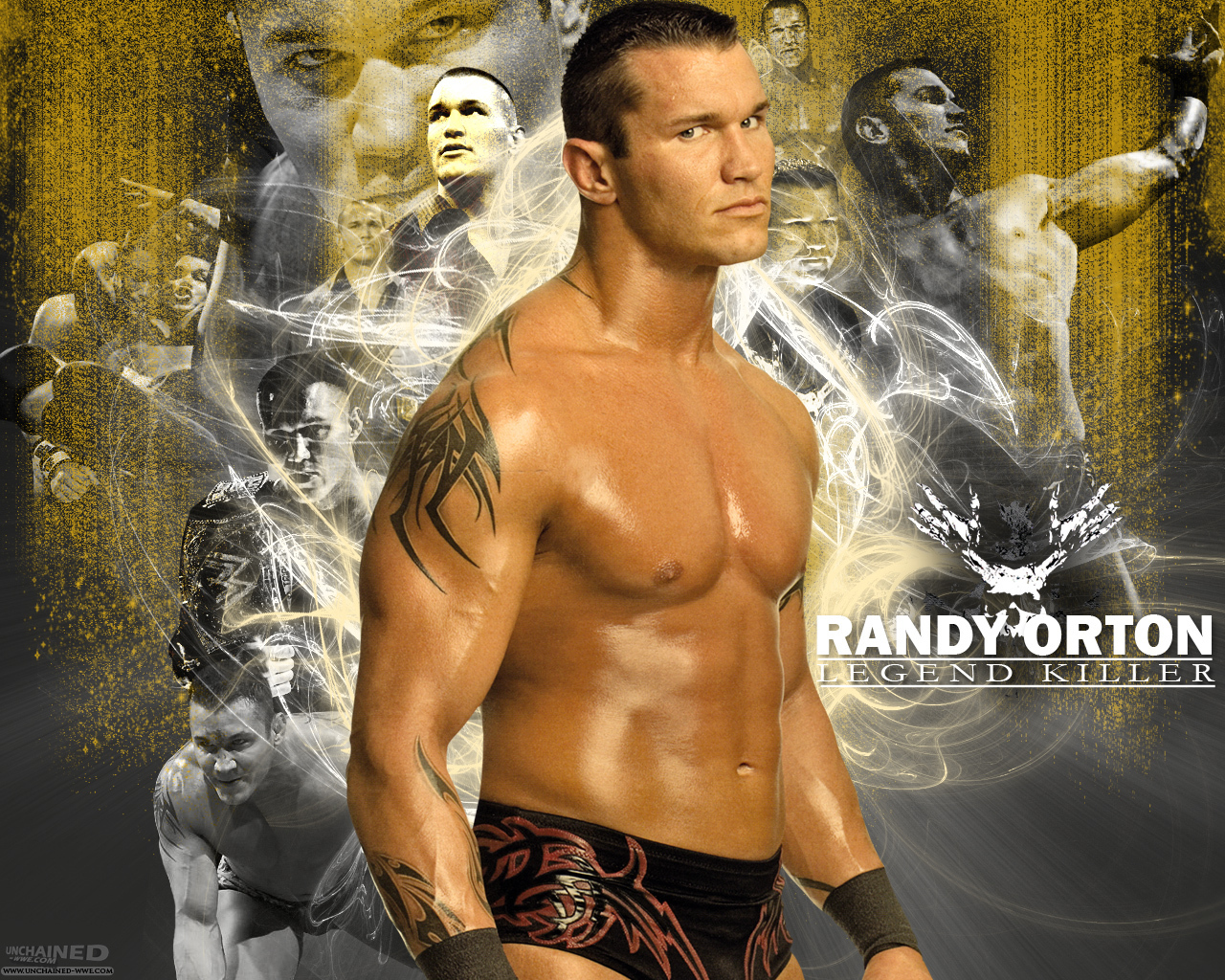Detail Author:
- Name : Delilah Pollich
- Username : bradtke.angelita
- Email : zvolkman@yahoo.com
- Birthdate : 1996-06-04
- Address : 162 Hoyt Dam East Gussie, NV 34869-9976
- Phone : (480) 709-9086
- Company : Durgan-Legros
- Job : Flight Attendant
- Bio : Velit saepe eos consequatur corrupti laudantium. Laboriosam consequatur neque non et qui in. Sapiente vel dolor dolorem quisquam rerum odit ea. Nostrum soluta ullam aliquid.
Socials
instagram:
- url : https://instagram.com/gisselle8454
- username : gisselle8454
- bio : Cupiditate debitis assumenda rerum et aliquid repellat. Ab earum et est dolor odit.
- followers : 6398
- following : 1307
tiktok:
- url : https://tiktok.com/@gortiz
- username : gortiz
- bio : Illo nostrum nihil mollitia neque.
- followers : 2300
- following : 2041
facebook:
- url : https://facebook.com/gisselle_ortiz
- username : gisselle_ortiz
- bio : Non aut quis dolores eos nulla. Cupiditate error quis ea quo nobis.
- followers : 4894
- following : 651
linkedin:
- url : https://linkedin.com/in/gisselle_ortiz
- username : gisselle_ortiz
- bio : Veritatis voluptatem omnis eligendi ut.
- followers : 1204
- following : 334
twitter:
- url : https://twitter.com/gisselle_id
- username : gisselle_id
- bio : Architecto dolor atque in quo iusto est doloribus. Sint excepturi ut autem. In ut sit impedit sapiente doloremque. Voluptate accusantium omnis ea.
- followers : 2457
- following : 2828
Ever wonder about the stories behind names, especially when they belong to someone who really grabs your attention? You might hear a name like "Randy" and, you know, it just sticks with you, maybe because of a particular person you associate it with. It's pretty interesting, actually, how a simple collection of letters can carry so much weight and, so, bring up different thoughts for different people. Names, after all, are more than just labels; they often hold bits of history and cultural meaning, something that’s pretty cool to think about.
When we think about a name like "Randy," it's more than just a label, isn't it? It has its own little journey through time, picking up different meanings and associations along the way. Sometimes, a name that was really common for a while might, well, sort of fade from everyday use, and that's a part of its tale, too. This ebb and flow of popularity can tell us a lot about what people valued or what sounds felt right at different points in history, which is, you know, quite a fascinating aspect of language and culture.
This piece is going to look at the name "Randy" itself, exploring its background and how it's been understood over the years. We'll explore the various facets of this name, perhaps shedding a little light on why it feels so familiar, especially when we hear it connected to someone like Randy Orton and the broader public consciousness. We'll dig into its origins, how it's been defined, and even some of the other folks who have carried this particular identifier, just to get a fuller picture.
Table of Contents
- What's in a Name- Randy Orton and its Roots?
- Personal Details and the Journey of "Randy"
- Does "Randy" Mean More Than You Think- Randy Orton and its Definitions?
- How Has the Word "Randy" Been Used- Randy Orton and Language?
- Are There Other Famous "Randys"- Randy Orton and Beyond?
- Why Did "Randy" Fall Out of Favor- Randy Orton and Name Trends?
- What About the Sound of "Randy"- Randy Orton and Pronunciation?
What's in a Name- Randy Orton and its Roots?
So, when you consider the name "Randy," it's pretty clear it has a solid place as a name people are given. For quite some time, you know, it was a pretty common choice, especially in places like the United States and our neighbors up north in Canada. It's a name that, basically, you'd usually hear for boys. It really tends to be a masculine sort of name, which is interesting because some names are more flexible in that way, but "Randy" seems to stick to one side, traditionally speaking, anyway. This common usage in these regions certainly paints a picture of its widespread acceptance and familiarity among many folks.
Where did this name even come from, you might wonder? Well, it's actually got some older relatives, you could say. It didn't just appear out of nowhere; it seems to have branched off from a few other names that were around before it. For instance, it's thought to have come from names like "Randall," which has a certain historical feel to it, and also "Randolph," which, you know, sounds pretty traditional. And then, surprisingly, there's even a connection to "Miranda," which is a name you might not immediately link to "Randy," but the lineage is there, apparently. So, in some respects, it's a bit of a blended family tree for this particular name, which is kind of neat to think about, actually, how names evolve and shift over time.
The way names like "Randall" and "Randolph" contribute to "Randy" tells a little story about how language changes and adapts. It's almost like a shorter, more casual version emerged from these longer, perhaps more formal, predecessors. This shortening is a fairly common thing with names, making them easier to say or perhaps giving them a friendlier feel. So, that's part of the story of "Randy," a name that has its origins firmly planted in older, well-established naming traditions, yet took on a life of its own.
Personal Details and the Journey of "Randy"
The journey of a name, like "Randy," often involves its popularity shifting over time, you know, like a tide coming in and going out. For quite a while, this name was genuinely quite a favorite among parents. It saw a good run, being a pretty well-liked option for naming boys. This suggests it had a certain appeal, maybe it sounded strong or friendly, or just fit the general feeling of the times. It's really interesting how names gain and lose favor, isn't it?
However, that widespread appeal didn't last forever. The name "Randy" was, basically, quite popular right up until the 1990s. But then, after that point, it started to lose some of its shine. It began to fall out of favor, which means fewer and fewer parents were choosing it for their children. This kind of drop in popularity can happen for all sorts of reasons, sometimes it's just a natural cycle, or perhaps new names come along that capture people's imaginations. It's just a little bit of a mystery, really, why some names stick around and others fade.
So, to give you a clearer picture of the name "Randy" and its general characteristics, here’s a quick summary of some of its identifying features. This sort of information helps us get a handle on its identity, much like a person has their own unique background. It’s pretty straightforward, but gives a good sense of its typical profile, as a matter of fact.
| Characteristic | Description |
| Name Type | A given name, used for people. |
| Primary Gender | Mostly a masculine name. |
| Geographic Popularity | Common in the United States and Canada. |
| Original Derivations | Comes from names like Randall, Randolph, and Miranda. |
| Popularity Trend | Quite popular until the 1990s, then less chosen. |
Does "Randy" Mean More Than You Think- Randy Orton and its Definitions?
Beyond being a name, the word "randy" itself carries some specific meanings in the English language, and some of them might be a bit surprising, you know, depending on what you're used to. One way it's used is to describe someone having a way of acting or speaking that's a bit rough or, you know, not particularly refined. It suggests a manner that's, well, a little unpolished or perhaps even a touch aggressive in its directness. So, in this sense, it points to a certain kind of behavior or attitude, basically.
Then there's another meaning, which is probably the one that often comes to mind for many people, and that's related to feelings of a sexual nature. The word "randy" can mean someone is feeling sexually excited or, you know, a bit stirred up in that way. It's often used informally to suggest a strong desire or eagerness for sexual activity. This particular sense of the word is pretty widely understood, and it's something that, you know, has been part of common speech for quite some time, apparently. It’s a pretty direct way to describe that particular state.
The Oxford English Dictionary, which is a pretty authoritative source for words and their histories, actually lists five different meanings for the word "randy." This tells us that the word has a richer and more varied history of use than just the couple of common ones we might think of right away. To really get a full picture of what "randy" can mean, and how it's been used through the years, you'd want to check out their definitions and the examples they provide. It's quite interesting, really, how many shades of meaning a single word can hold, especially one like "randy," which has a few distinct interpretations.
How Has the Word "Randy" Been Used- Randy Orton and Language?
When we think about how a word like "randy" actually gets used in everyday talk, seeing it in a sentence really helps, doesn't it? It gives you a clearer idea of its practical application. For example, you might hear someone say, "If you're feeling randy, give me a call and I'll come round and give you some hot lovin'." This example, which is pretty direct and, you know, quite informal, clearly shows the word being used to express a state of sexual arousal or desire. It's a very straightforward way to communicate that particular feeling, as a matter of fact.
The way this word is spoken also has a particular sound to it. The International Phonetic Alphabet, or IPA, gives us a guide for how to pronounce "randy," which is shown as /ˈrændi/. This helps ensure that, no matter where you are or what accent you have, you can say the word in a way that's generally understood. It's a small detail, but pronunciation is, you know, pretty important for clear communication. There are also other forms of the word, like "randily," which is an adverb, describing something done in a "randy" way. So, the word has a few different shapes it can take in sentences, which is pretty typical for English words.
And then, when we think about words that mean something similar to "randy," especially in its more informal, sexually charged sense, there are quite a few. Words like "horny" are often used as a synonym, particularly in casual conversation. The state of being "randy" can also be called "randiness," which is the noun form of the word, describing the quality or condition itself. Other words that capture a similar feeling include "aroused," "ruttish," "steamy," and "turned on." These words, too, point to a feeling of sexual excitement or desire, showing that, you know, there are many ways to express this particular human experience.
Are There Other Famous "Randys"- Randy Orton and Beyond?
It's interesting how a name can become well-known through different people and different areas of life. When you hear "Randy," a few notable figures might pop into your head, and it’s not just about one person. For instance, there's a really respected country music artist, Randy Travis, who is quite a legend in his field. He's had a long career, and, you know, at 66 years old, he still manages to really move people. There was a moment recently where he made a surprise appearance at the Grand Ole Opry, and it was pretty emotional for his fans, actually, leaving many feeling quite touched and teary-eyed, according to a new social media post.
But the name "Randy" isn't just connected to individual people. It also shows up in other creative spaces, which is pretty cool. For example, there's a rock band from Sweden that goes by the name "Randy." This shows how the name crosses different art forms and even different countries. And, you know, it's also the title of an album by a musician named Randy Weston. So, the name itself has a kind of presence in the world of music, appearing in various capacities, which is, you know, something you might not immediately consider when you first hear it.
These examples really show how a name can have a life of its own, extending far beyond any single person. Whether it's a country music icon, a rock band from another country, or a jazz album, the name "Randy" has, apparently, made its mark in various cultural landscapes. It’s pretty neat to think about all the different associations a simple name can carry, isn’t it? It just goes to show how words and names become interwoven with our shared experiences and public figures, creating a rich tapestry of connections.
Why Did "Randy" Fall Out of Favor- Randy Orton and Name Trends?
As we mentioned a little earlier, the name "Randy" had a really good run for quite a while, being a pretty common choice for new babies. It was, you know, quite popular and well-liked right up until the 1990s. This period of popularity suggests that it fit the naming preferences of the time, perhaps sounding modern enough while still being familiar. It's almost like certain names catch a wave of popularity and ride it for a few decades, which is a pretty typical pattern for naming trends, actually.
However, after the 1990s, something shifted. The name "Randy" started to be chosen less and less often. It, basically, fell out of favor with parents. This decline isn't necessarily because there's anything wrong with the name itself, but rather because naming styles change over time. New names come into fashion, older names get a fresh look, and some just, you know, gently recede from the top of the popularity charts. It's a natural cycle that happens with names, and "Randy" seems to have experienced this particular shift, moving from a common choice to a less frequent one.
Understanding why a name’s popularity wanes can be a bit tricky, as there are many subtle influences at play. Sometimes it's cultural shifts, sometimes it's famous people, or sometimes it's just the collective unconscious leaning towards different sounds or styles. But the fact remains that "Randy," once a very common name, saw its widespread usage decrease significantly after a certain point. This trend is a pretty clear indication of how dynamic and, you know, how fluid naming conventions can be across generations, truly a fascinating aspect of our linguistic habits.
What About the Sound of "Randy"- Randy Orton and Pronunciation?
When we talk about words and names, how they sound is pretty important, isn't it? The pronunciation of "Randy" is fairly straightforward for English speakers, but for those learning the language or wanting to be precise, there's a guide to help. The International Phonetic Alphabet, or IPA, gives us a clear way to represent the sounds, showing it as /ˈrændi/. This helps make sure that, you know, everyone is on the same page about how to say it, which is pretty helpful for consistent communication, as a matter of fact.
Beyond just the basic pronunciation, words often have different forms they can take depending on how they're used in a sentence. For "Randy," one such form is "Randily." This is an adverb, meaning it describes how something is done. So, if someone were to act in a "randy" way, you might describe their actions as being performed "randily." It's just another way the core meaning of the word can be expressed through different grammatical structures, which is, you know, a common feature of the English language.
The sounds and forms of a word, like "Randy," contribute to its overall character and how it feels when spoken or heard. The way it rolls off the tongue, the way it connects to other words—all these little things add up to its identity within our vocabulary. It’s a pretty simple word, in terms of its construction, but its various uses and the way it’s pronounced certainly give it a distinct place in our everyday conversations, whether we're talking about a person or a particular feeling, actually.
This exploration of the name "Randy" has covered its origins, its journey through popularity, the various meanings the word holds, how it's used in sentences, and some of the other well-known figures and cultural items that share this name. We've looked at how it emerged from older names, its strong association as a masculine given name, and how its common usage shifted over time. We also touched upon the different definitions of the word itself, from a coarse manner to a state of sexual excitement,
- Theo James Naked
- Liev Schreiber Naomi Watts Billy Crudup
- Videos Of 12 Year Old Girls Sunbathing
- Pamela Bozanich
- Vanessa Hudgens Naked


